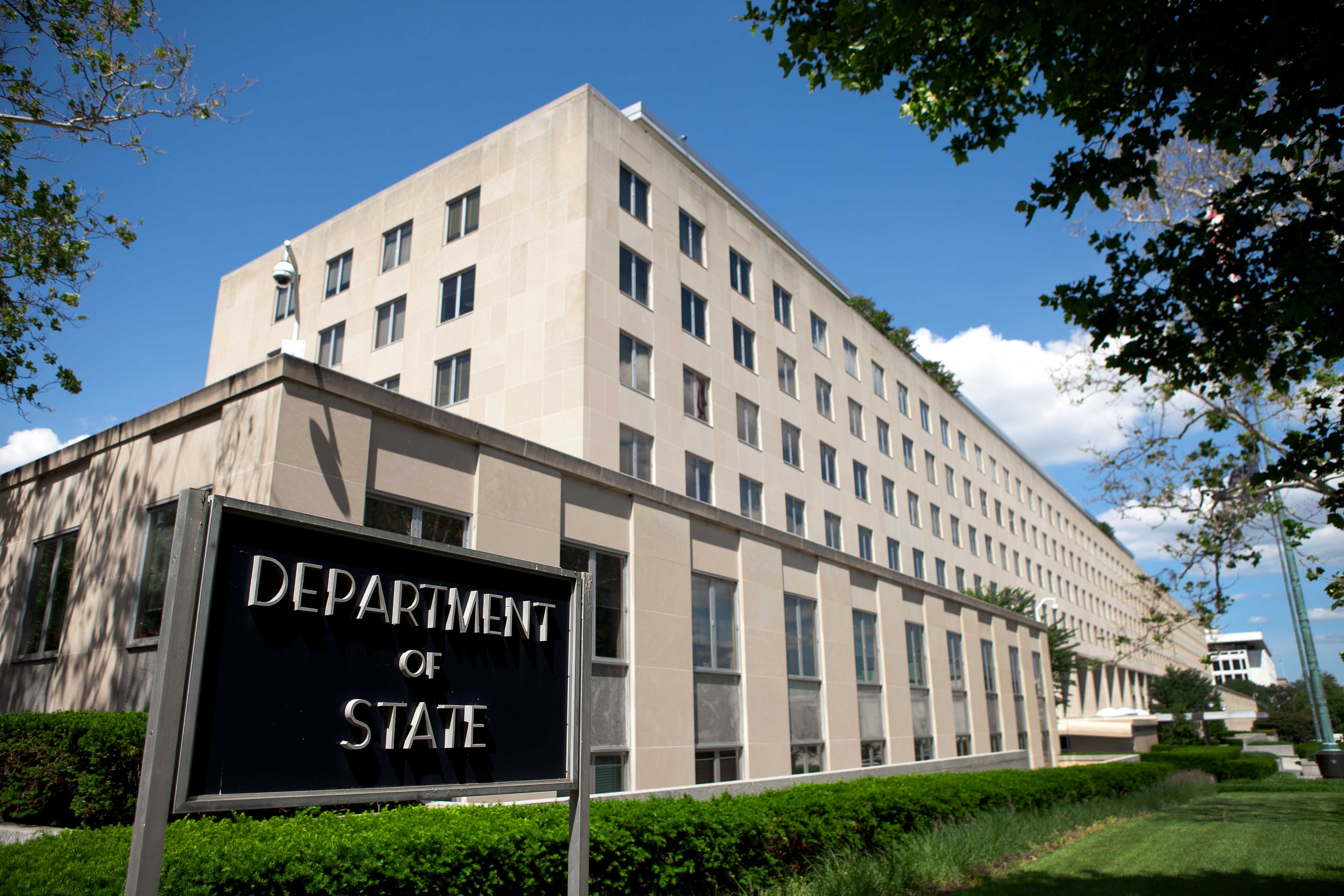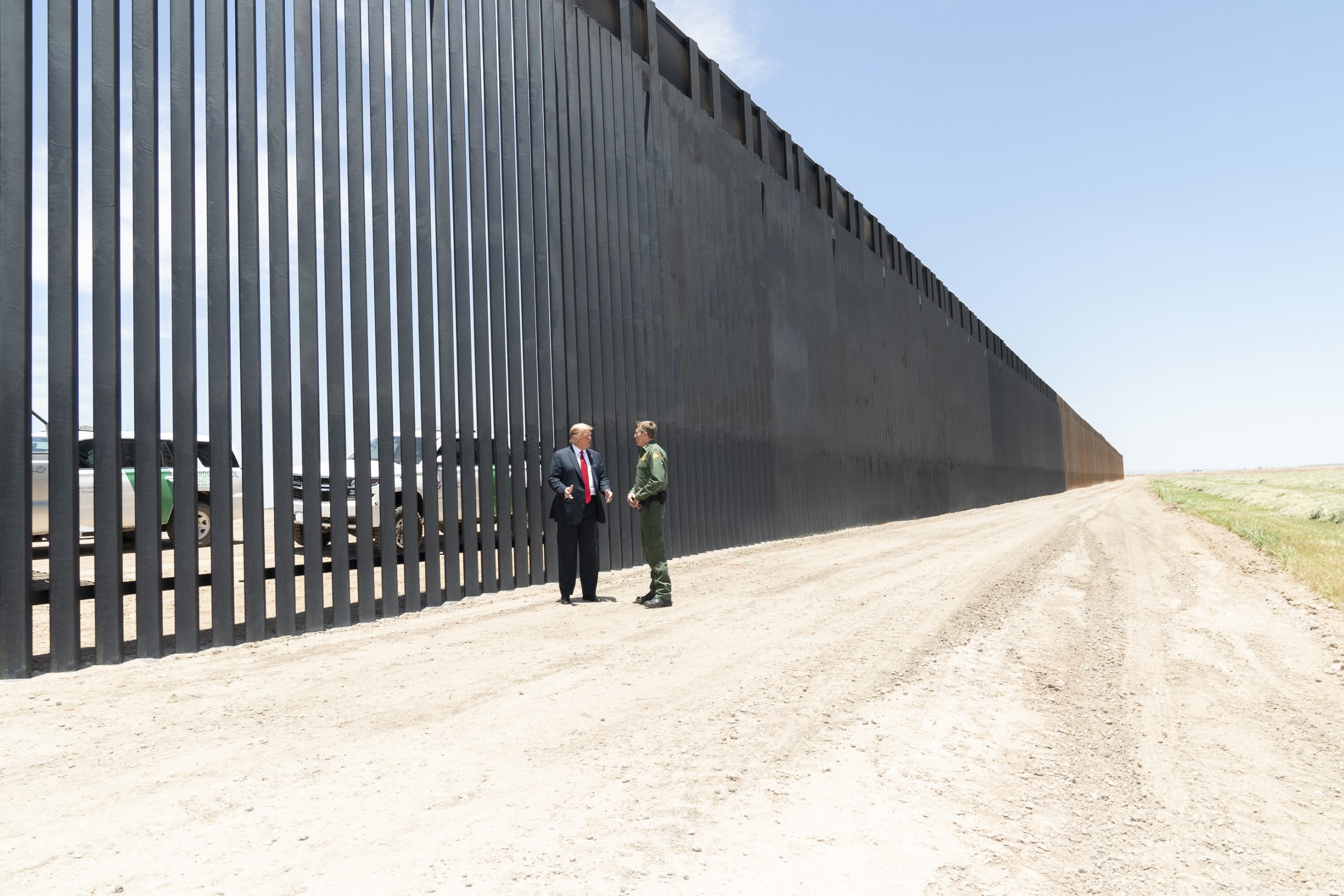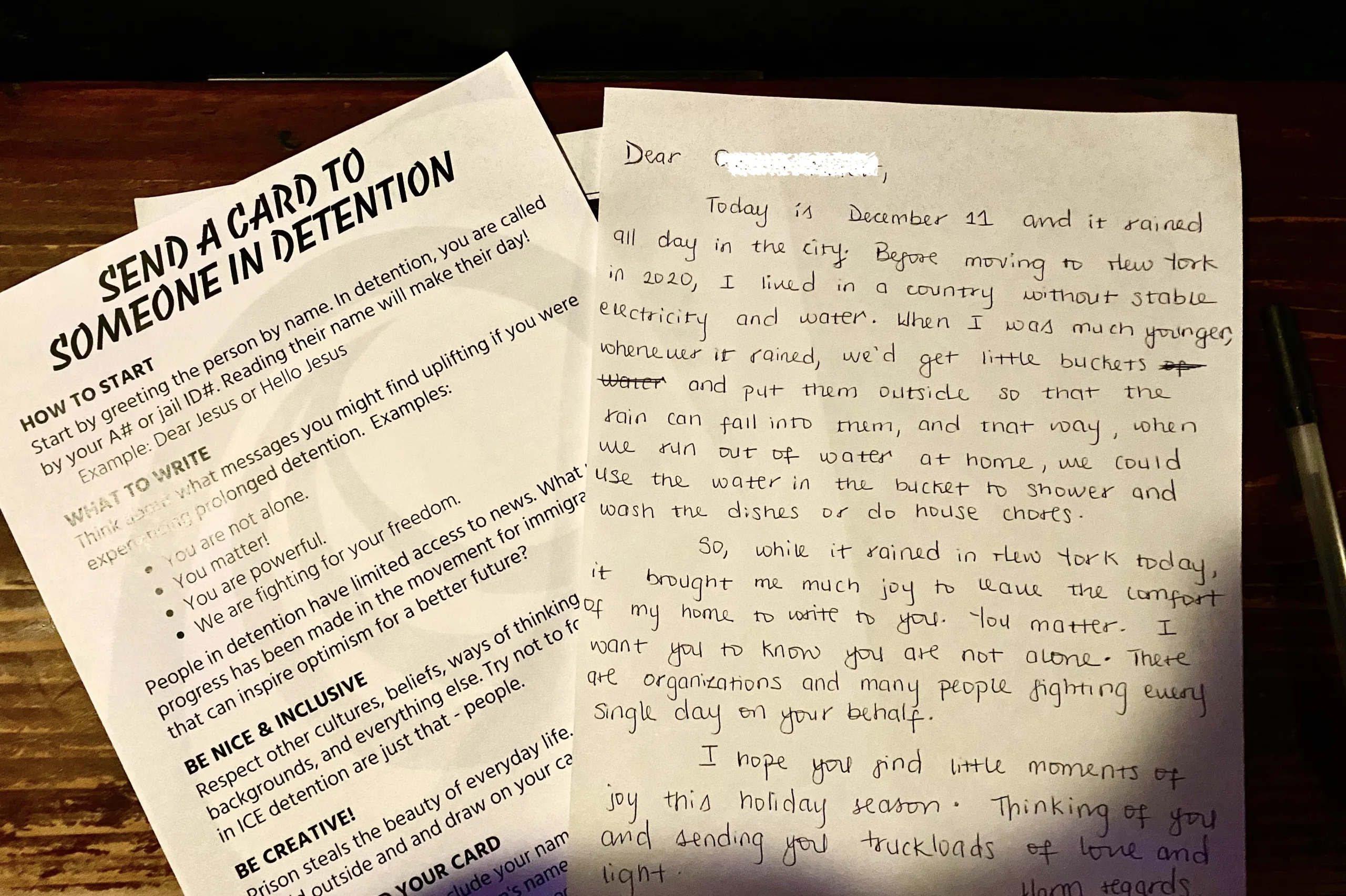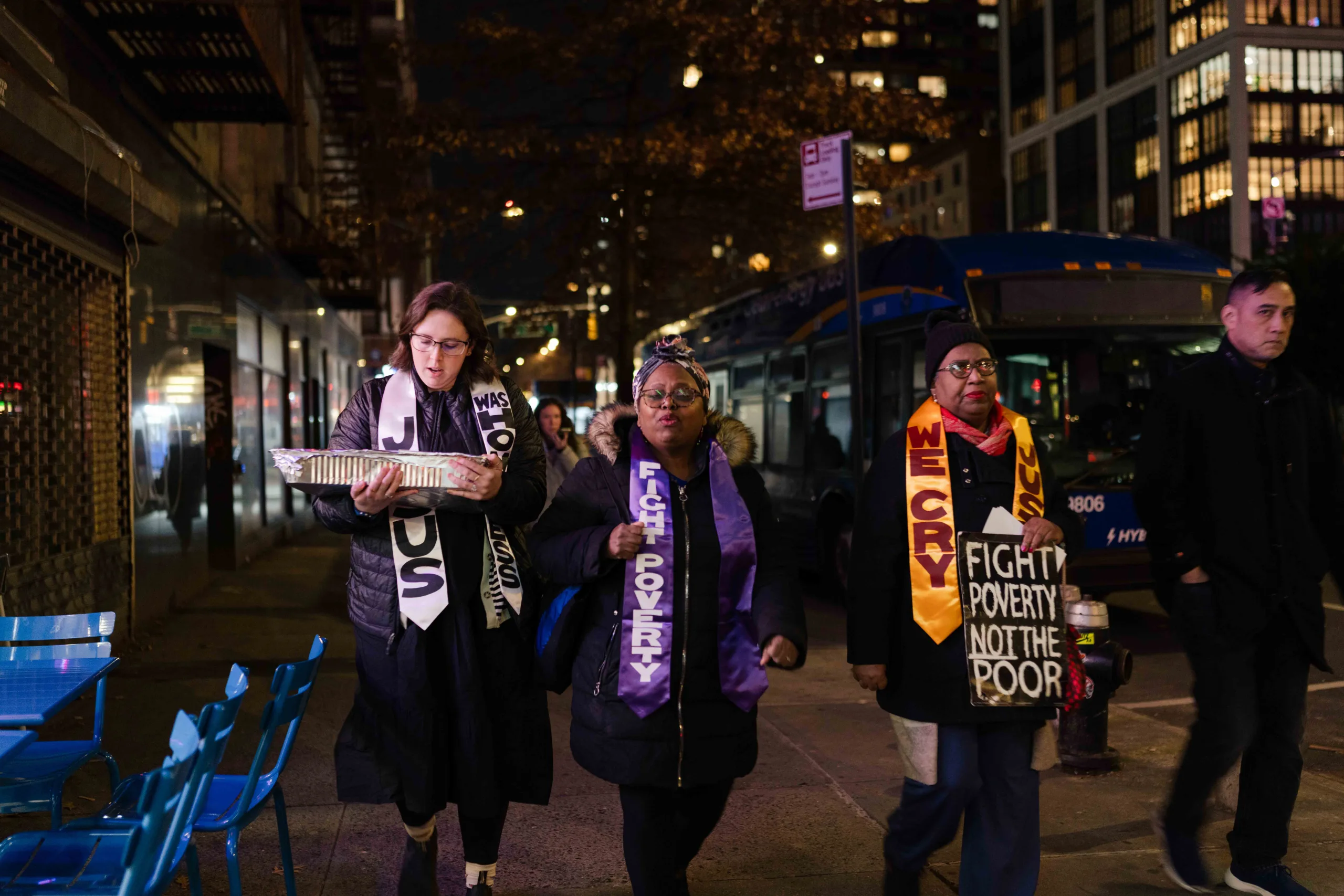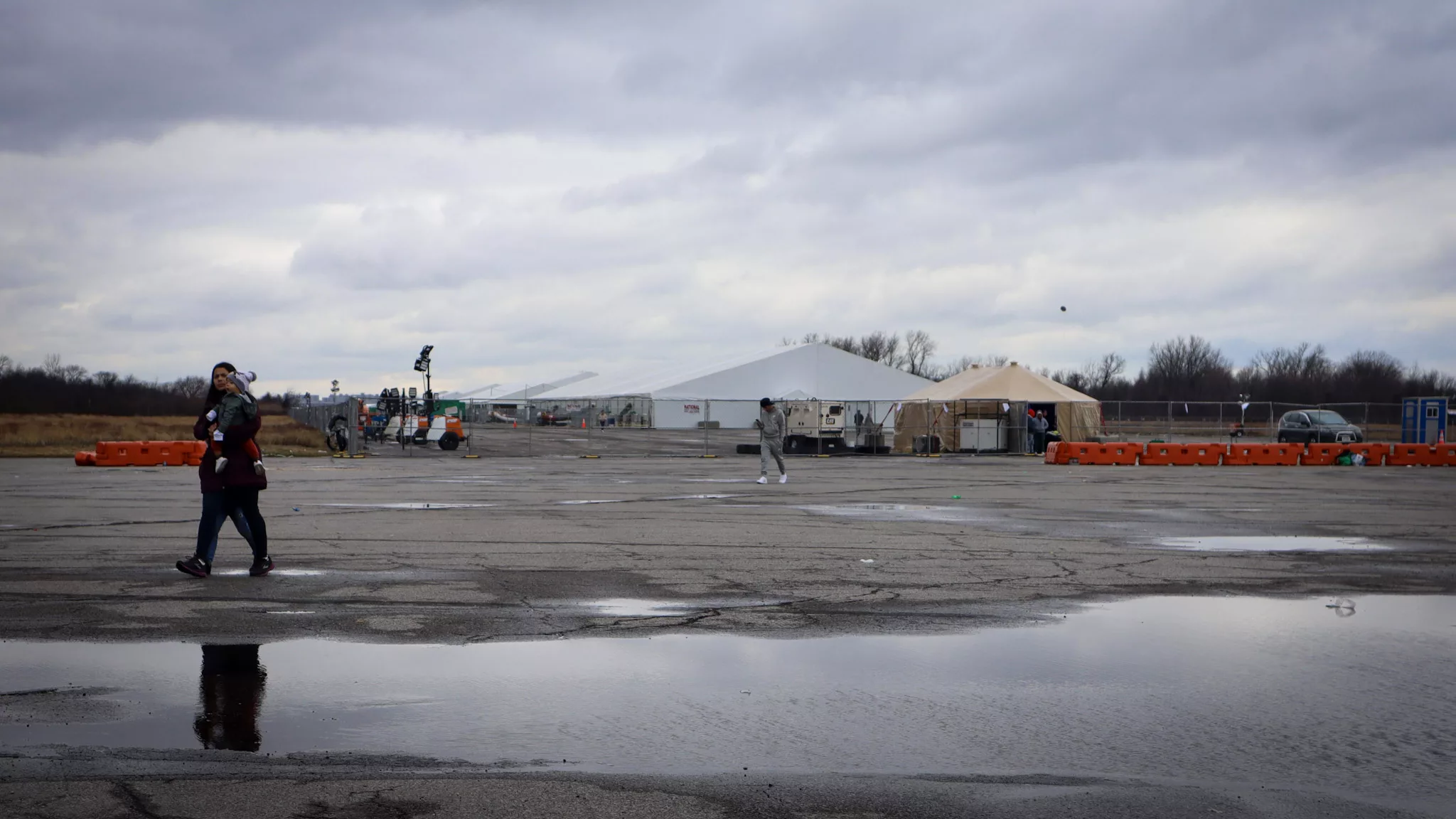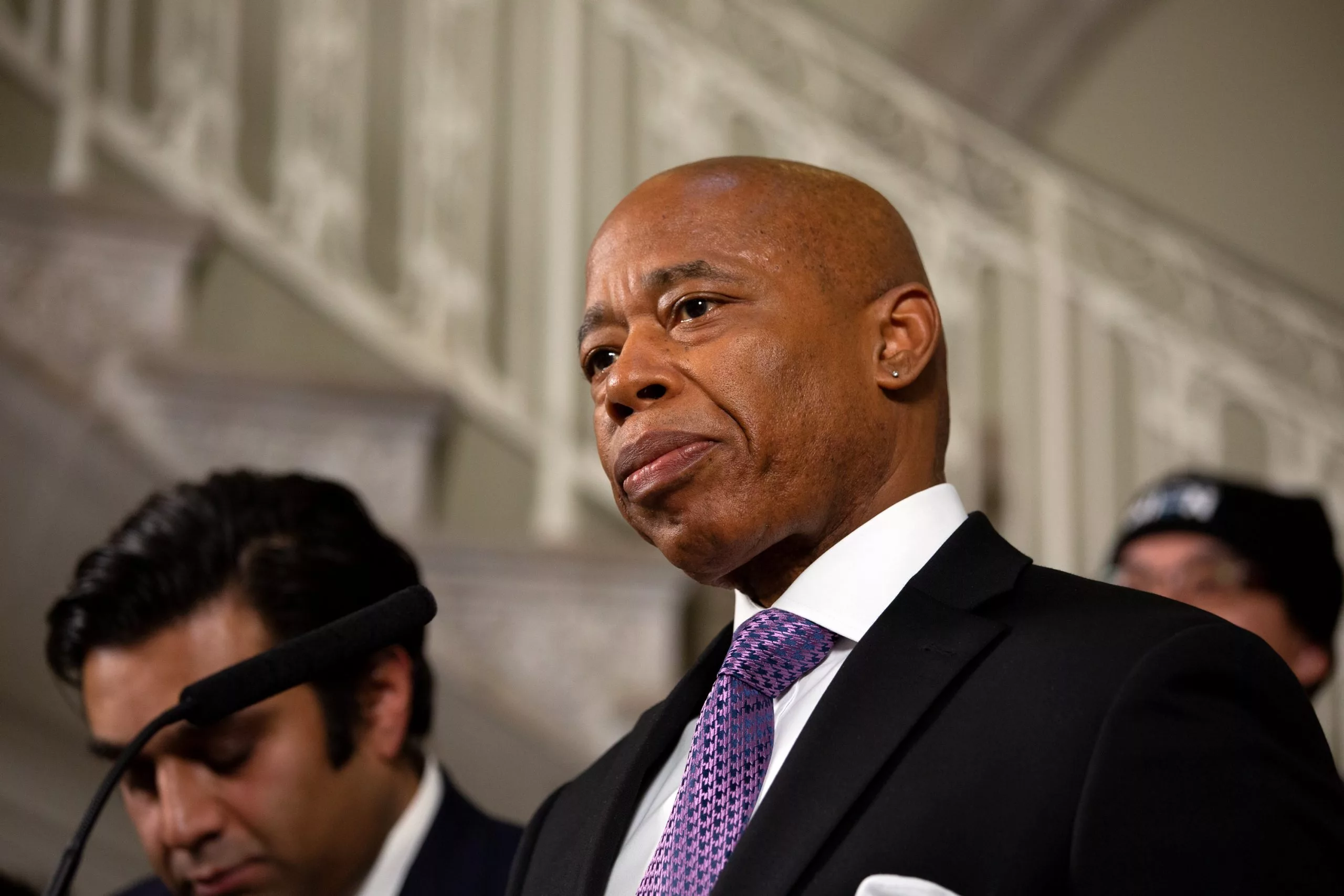Consular Affairs officers at the State Department had a lot of questions when the Presidential Proclamation on Health Insurance was about to go into effect. The October proclamation stated that all immigrant visa applicants had to demonstrate they would obtain health insurance within 30 days of arrival in the U.S. or that they had the financial resources to cover “reasonably foreseeable costs.” But, they wondered what that meant.
“How are we to determine what are the expected costs of the given medical condition?” asked one consular officer.
“Um, that’s a good question,” responded a State Department official charged with explaining the proclamation. “You can just use your general knowledge,” they explained after a rambling response, adding they could ask the applicant to figure it out.
“Since we are not medical providers, how do we know what various conditions cost? And also what is considered substantial?” another officer asked, not satisfied with the previous response. Use your judgment, they were advised.
“How much money is enough to treat diabetes?” another officer asked.
“I don’t think we have an answer on that, on this phone call.”
These exchanges occurred during a question and answer period following a webinar explaining the new presidential proclamation to the staff charged with implementing it: consular officers based in embassies and consulates around the globe. Documented reviewed a transcript of the session, along with the slides that were released as part of an ongoing lawsuit about the proclamation. They indicate the confusion the proclamation caused before it was enjoined by a federal judge in Oregon, where New York’s attorney general filed an amicus brief in support of the plaintiffs.
The “Presidential Proclamation on the Suspension of Entry of Immigrants Who Will Financially Burden the United States Healthcare System” was issued on Oct. 4 last year and was set to be implemented 30 days later on Nov. 3. The Trump administration argued that uninsured migrants placed an unnecessary burden on the already overburdened healthcare infrastructure.
Under the proclamation, people seeking immigrant visas – which can lead to green cards – and applying through the State Department needed to prove that they would either have health insurance within 30 days of arriving in the country or would have “the financial resources to pay for reasonably foreseeable medical costs.” It largely targeted people living abroad who are sponsored by family members living in the U.S. There were exceptions, such as Iraqis and Afghans who had helped the U.S. military and children who were traveling without a parent.
The order gave the State Department 30 days to implement the rule, meaning consular officers around the world had to be notified on how to test applicants for their eligibility. According to Ur Jaddou, former Chief Counsel at U.S. Citizenship and Immigration Services and the director of DHS Watch, new policies were not previously implemented like this.
“This is a very, very, extremely abbreviated process,” Jaddou said. Previously, policies like this would’ve been developed over the course of months with working groups that featured the staff that would be adjudicating, Jaddou explained.
“I think it came down from the White House, a Stephen Miller special,” Jaddou added, referring to Trump’s senior advisor who has been the architect of the administration’s harshest immigration policies. “Then dictated from the top down with no consideration of how to get it done.”
The Q&A with consular officers also indicated that immigrants who had already been through an interview, but had not yet had a visa printed, would be subject to the proclamation. Pregnancy would also have been considered a “foreseeable medical cost,” and, according to the Q&A, a consular officer should evaluate whether the immigrant can cover care when arriving in the U.S.
According to the webinar that was also included in the documents, diversity visa applicants with limited financial savings should also be rejected on financial grounds if they won’t be insured within 30 days– even if they don’t have any current medical conditions. The webinar added that immigrants who could prove they can get on their spouse’s insurance after 45 days should also be rejected, due to the 30 day requirement.
The State Department declined to comment.
The restrictions in this order dovetail with other immigration initiatives by the Trump administration. It was announced months after the public charge rule was revised to place a wealth test on immigrants applying for green cards. In January, the president issued a proclamation on “birth tourism” that would block pregnant women from traveling to the U.S. on tourist visas unless they could prove they do not intend to have their child on U.S. soil.
An analysis by the Migration Policy Institute found that the proclamation could exclude two-thirds of future immigrants to the U.S. It found that based on the number of recent green card holders who are uninsured or have insurance that is subsidized by the state, 65 percent of visa applicants would not pass this test, blocking about 375,000 people from resettling in the U.S. every year.
Dr. Julia Gelatt, a senior policy analyst at the Migration Policy Institute, conducted the analysis. She said the proclamation could amount to a wealth test, similar and possibly even harsher than public charge rule because it would be difficult for an immigrant to get health insurance before arriving.
“All of us Americans struggle with our health insurance system that’s really complicated so for a new immigrant to be able to figure that out in 30 days, I don’t know whether they’d be able to do that,” Gelatt said.
The Justice Action Center, Innovation Law Lab and American Immigration Lawyers Association filed a lawsuit in federal court in Portland, Oregon in late October seeking an injunction against the proclamation. A day before it was set to go into effect, U.S. District Judge Michael Simon issued a temporary order blocking it for 28 days. On Nov. 26, he issued a preliminary injunction, effective nationwide, stating that the proclamation was likely unlawful because Trump had overstepped his authority, in effect changing immigration law without congressional approval. The government has appealed to the 9th U.S. Circuit Court of Appeals.
The records that contain the transcript of consular officers’ questions were produced by the government in connection with this lawsuit. Esther Sung, a senior litigator at the Justice Action Center, said the records demonstrate how rushed the process was.
“It’s fundamentally ridiculous that you have a consular officer essentially doing a medical evaluation of the visa applicants,” Sung said. “They’re not trained to do that. They’re not medical professionals.”
It appears that the consular officers were anticipating the judge’s ruling.
纽约州“能源补助”申请指南
“Are there any court cases pending about the Proclamation? Will we be informed if it is enjoined?” one officer asked.
“There are none yet but you will be informed if it is enjoined. Okay.”
Read the administrative record released in the case below.
